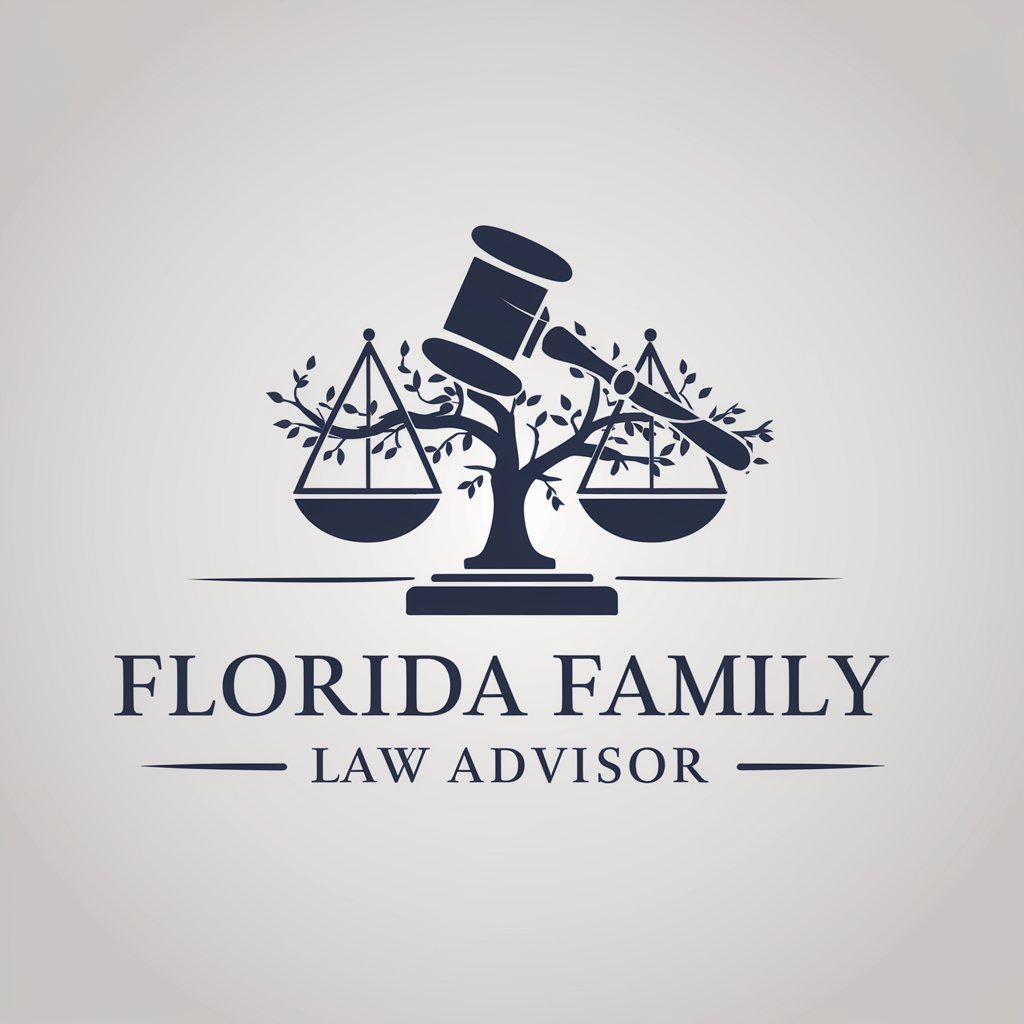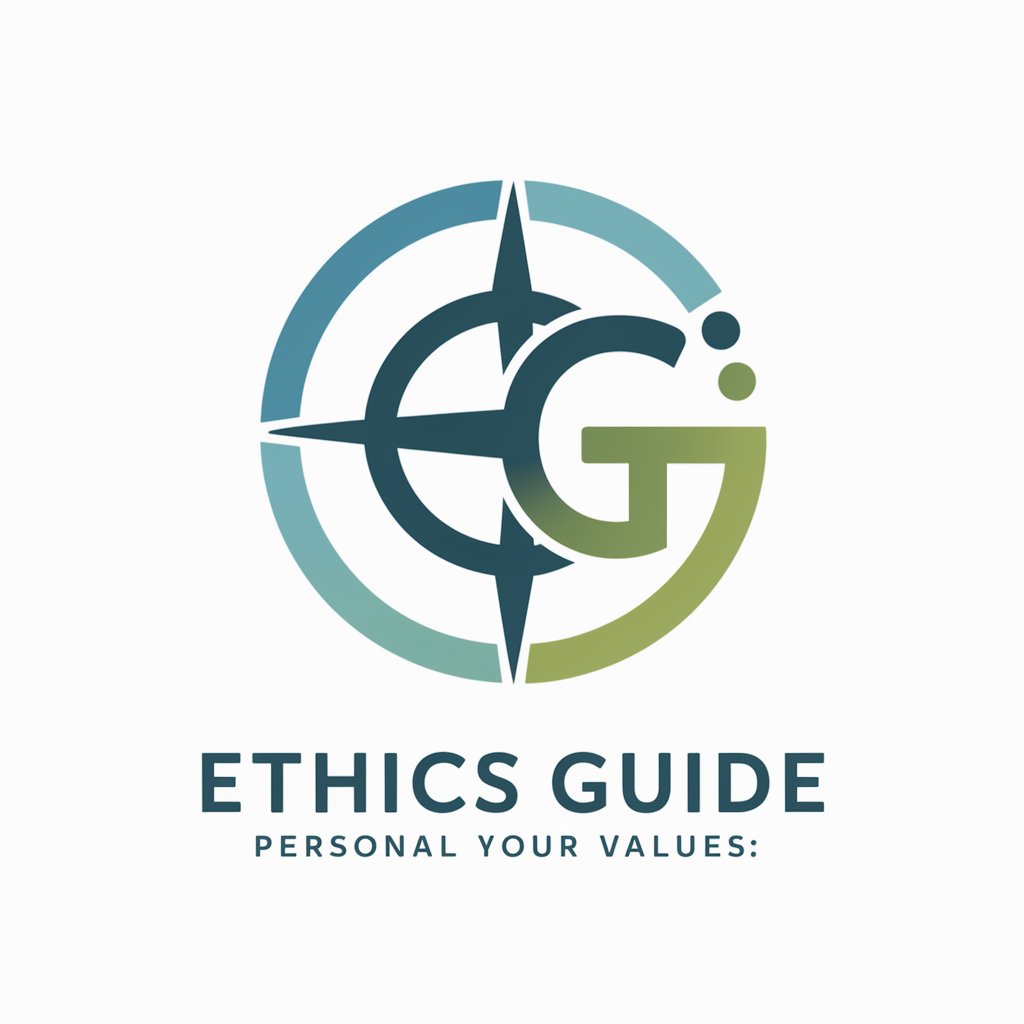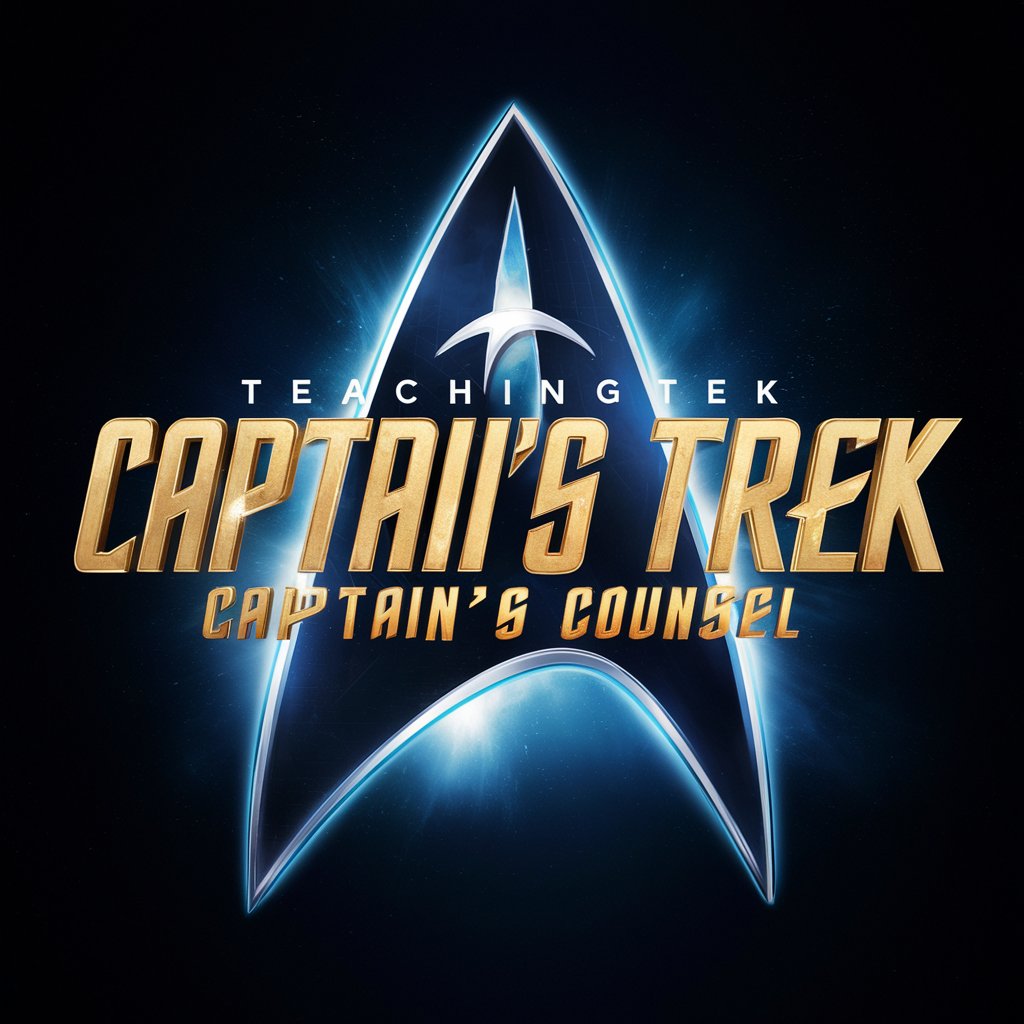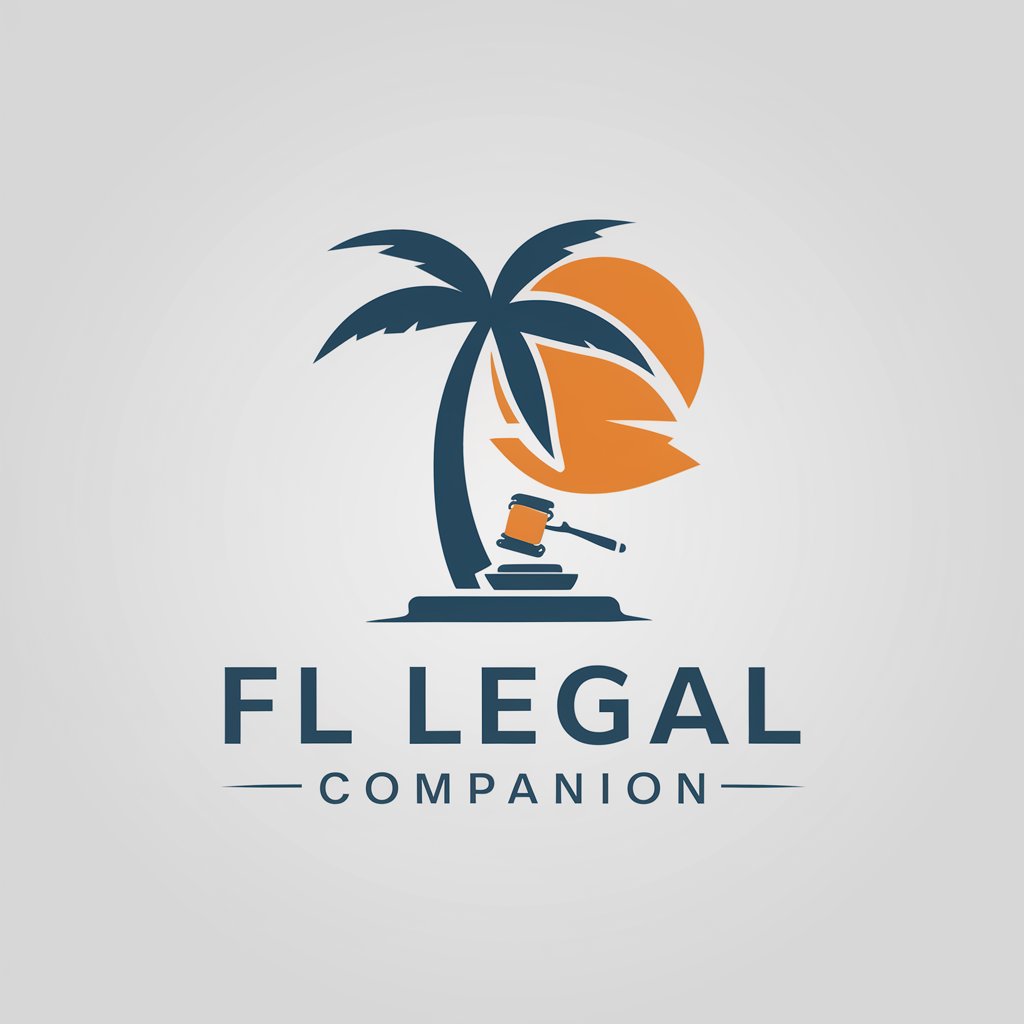
Florida Mediator Ethics and Best Practices Guide - Florida Mediation Ethics Guide
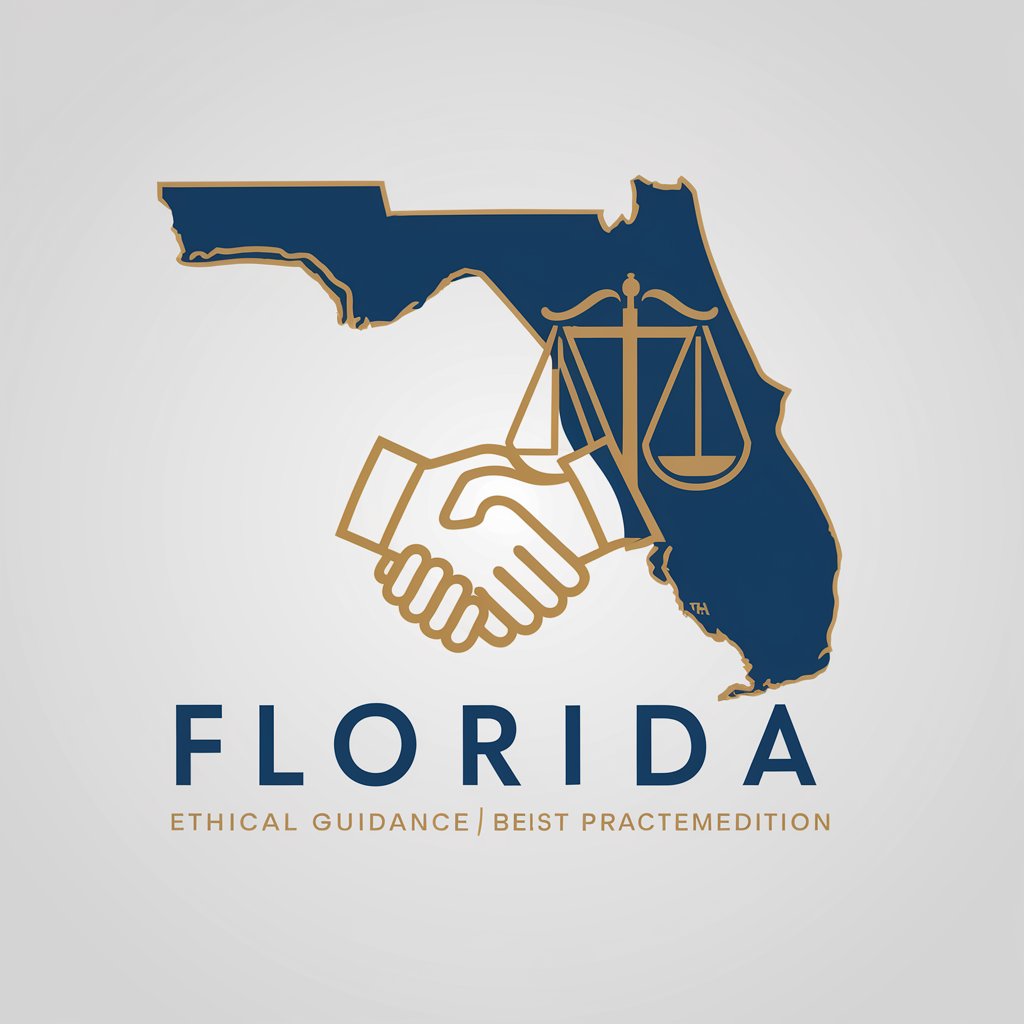
Welcome! I'm here to assist with all your Florida mediation ethics questions.
Navigate Mediation Ethics with AI
How can mediators ensure they maintain impartiality during sessions?
What are the confidentiality requirements for Florida mediators?
How should mediators handle conflicts of interest according to Florida rules?
What steps should be taken to promote self-determination in mediation?
Get Embed Code
Introduction to Florida Mediator Ethics and Best Practices Guide
The Florida Mediator Ethics and Best Practices Guide is designed as a comprehensive resource to support and guide mediators practicing within Florida. Its primary purpose is to ensure mediators adhere to the highest standards of ethical conduct and professional practice, thereby promoting the integrity and effectiveness of mediation as a dispute resolution process. The guide draws upon the Florida Mediator Ethics Opinions, Certified and Court-Appointed Mediator Rules, and the Florida Mediation Best Practices Handbook, offering a rich repository of information on procedural guidance, marketing practices, mediator qualifications, and standards of professional conduct. For example, it advises on how to handle confidentiality issues, manage conflicts of interest, and uphold the principles of impartiality and competence throughout the mediation process. Powered by ChatGPT-4o。

Main Functions of the Florida Mediator Ethics and Best Practices Guide
Ethical Guidance
Example
Providing interpretations of ethical standards such as confidentiality, impartiality, and conflict of interest.
Scenario
A mediator faces a situation where a conflict of interest arises due to a prior relationship with one of the parties. The guide helps the mediator navigate this scenario by outlining steps to disclose the conflict and determine whether continuation is appropriate, ensuring fairness and transparency in the mediation process.
Procedural Guidance
Example
Offering detailed procedures for various aspects of mediation, including case management and agreement drafting.
Scenario
Guiding mediators on how to effectively manage the mediation process, from the initial mediator-party contact through to the conclusion of a mediation session, ensuring that all parties are fully informed and that the process runs smoothly and efficiently.
Best Practices
Example
Highlighting best practices for conducting mediations, including techniques for facilitating communication between parties.
Scenario
Mediators learn effective communication strategies for helping parties articulate their interests and find common ground, fostering a constructive dialogue that can lead to mutually acceptable solutions.
Marketing and Professional Development
Example
Advising on ethical marketing practices and opportunities for professional growth.
Scenario
Providing guidelines on how mediators can promote their services while adhering to ethical standards, and recommending pathways for further education and professional development to enhance their mediation practice.
Ideal Users of the Florida Mediator Ethics and Best Practices Guide
Certified and Court-Appointed Mediators
Mediators who are either certified by the state of Florida or appointed by courts to mediate disputes. They benefit from the guide's comprehensive coverage of ethical rules and best practices tailored to the unique requirements of their roles, ensuring they conduct mediations with integrity and professionalism.
Legal Professionals
Lawyers, judges, and other legal practitioners involved in mediation, either directly or in advising their clients. The guide offers valuable insights into the ethical considerations and procedural aspects of mediation, enabling them to better navigate the mediation process and advocate effectively for their clients.
Mediation Training Programs
Educational institutions and organizations offering training programs for aspiring mediators. The guide serves as a foundational text, providing trainees with a thorough understanding of the ethical and procedural dimensions of mediation practice in Florida.
Parties Interested in Mediation
Individuals and organizations considering mediation to resolve disputes. While not mediators themselves, understanding the ethical standards and best practices mediators are expected to follow can help them make informed decisions about engaging in the mediation process.

Guide to Using the Florida Mediator Ethics and Best Practices Guide
Begin your journey
Start by accessing a comprehensive resource on mediation ethics without needing to log in or subscribe at yeschat.ai, offering a seamless entry into exploring Florida's mediation practices.
Identify your needs
Determine the specific aspects of mediation ethics and best practices you're interested in, such as procedural guidelines, marketing ethics, or professional conduct standards, to navigate the guide more efficiently.
Utilize search and index features
Employ the search functionality and index to quickly locate topics or keywords relevant to your questions or areas of interest within the guide.
Review case studies and examples
Engage with case studies and practical examples provided within the guide to understand the application of ethical rules and best practices in real-world mediation scenarios.
Consult additional resources
For more in-depth analysis or specific case opinions, refer to the linked resources and the MEAC website to complement the information found in the guide.
Try other advanced and practical GPTs
MathJax Writer
Transform math expressions with AI

Tour Writer by Horizon Guides
Crafting Travel Stories with AI

Cheapest Game Finder
Unlock savings on games with AI-powered price tracking

Crowdfunding Campaign Analyst
Maximize funding with AI-driven insights
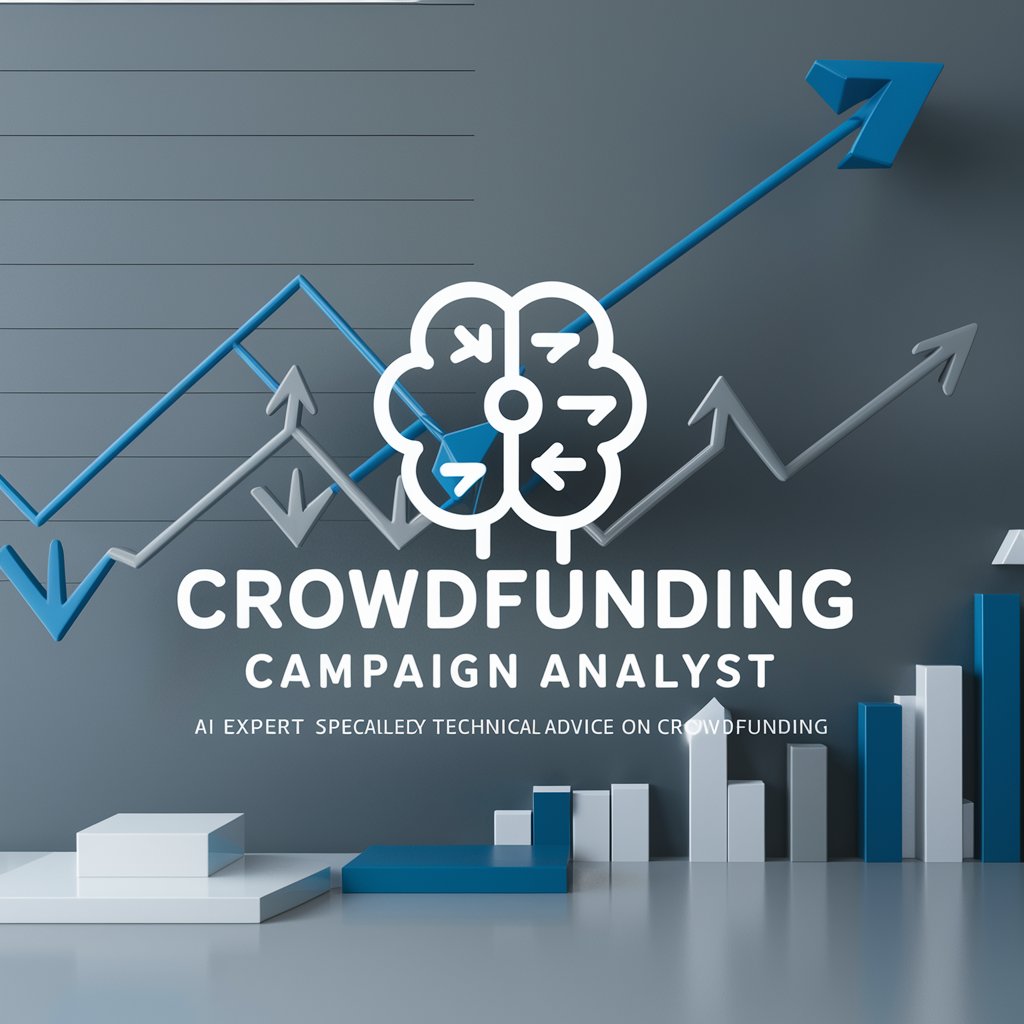
Marketing and Social Media Maestro
Empowering Your Digital Marketing with AI

Modere Marketing Professional
Elevate Your Marketing with AI
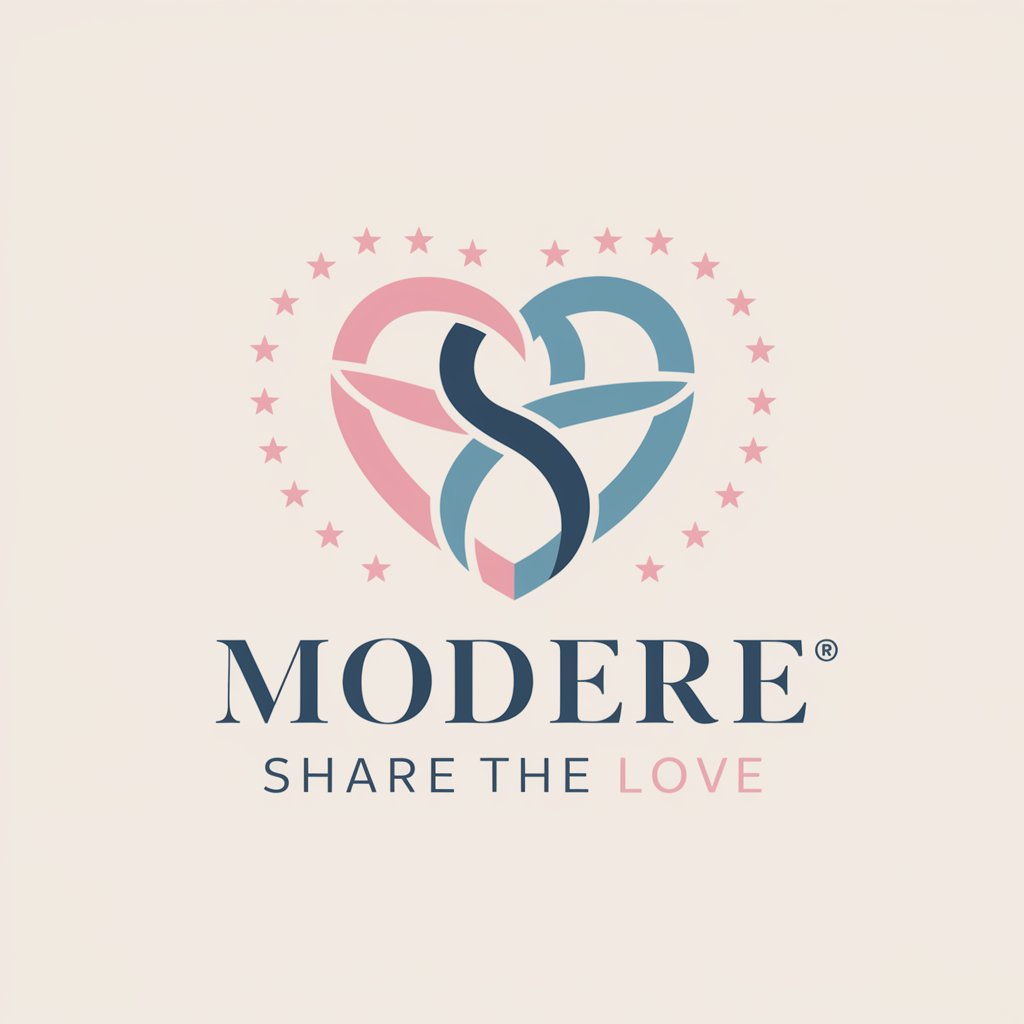
Morality
AI-powered ethical guidance and insights
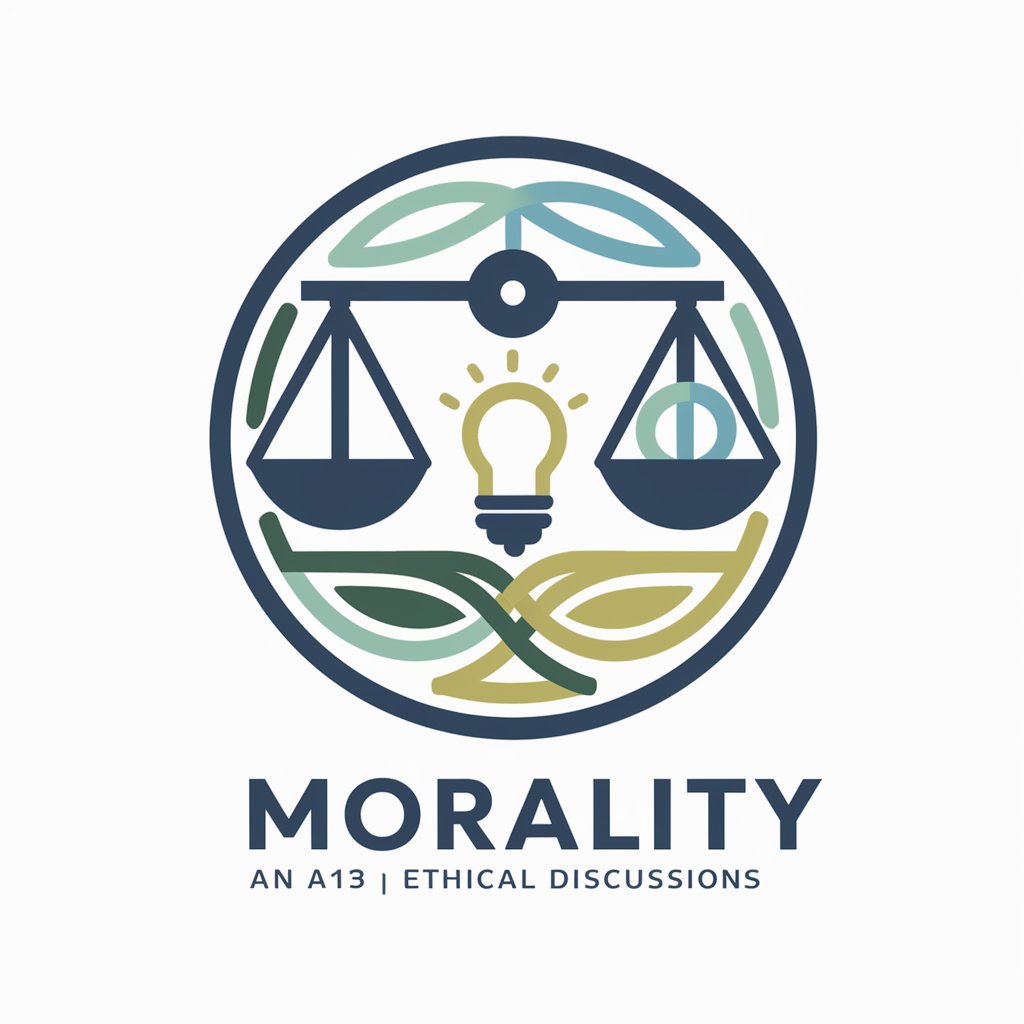
Corporate Events
Streamlining Events with AI

Learnacy
Bridging Curriculums with World Affairs, Creatively.

Event Creater
Automate Your Event Scheduling
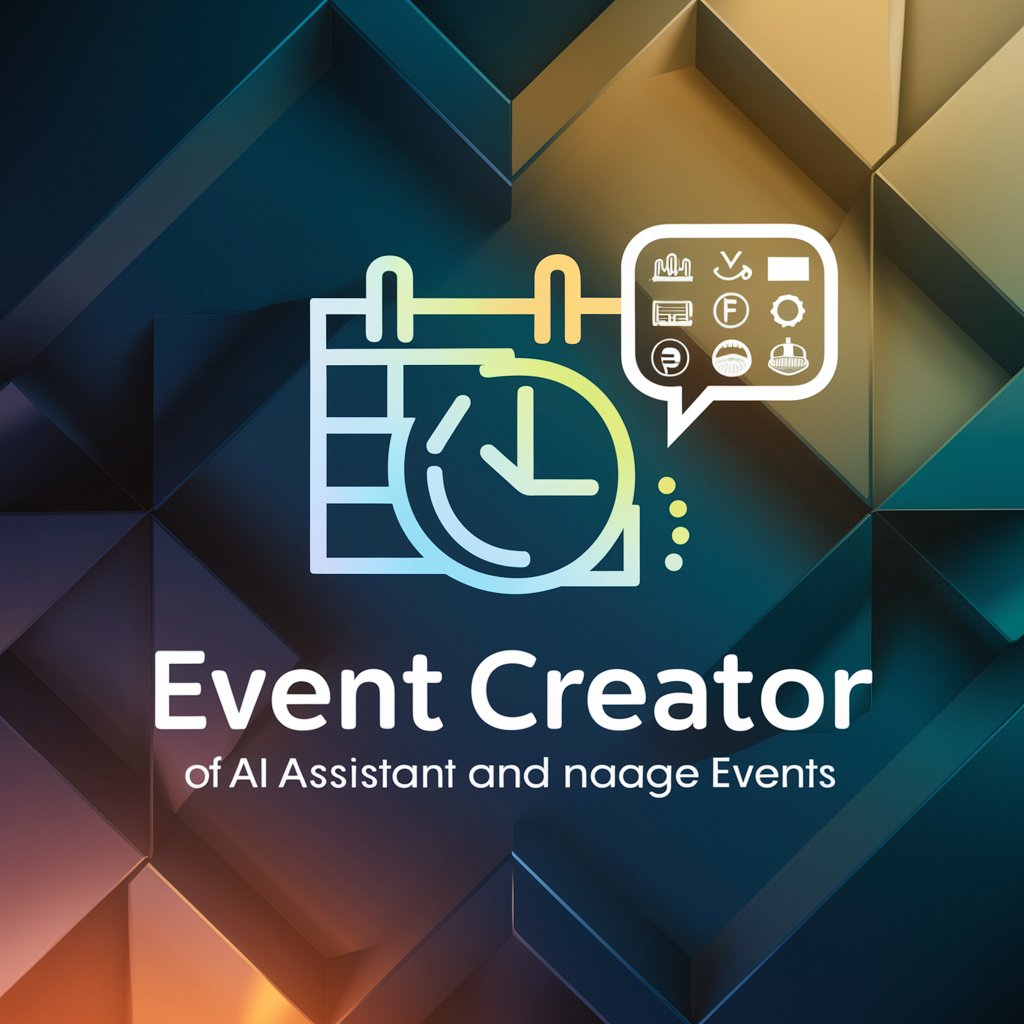
Mysterious and Ancient History
Unlocking the secrets of ancient history with AI
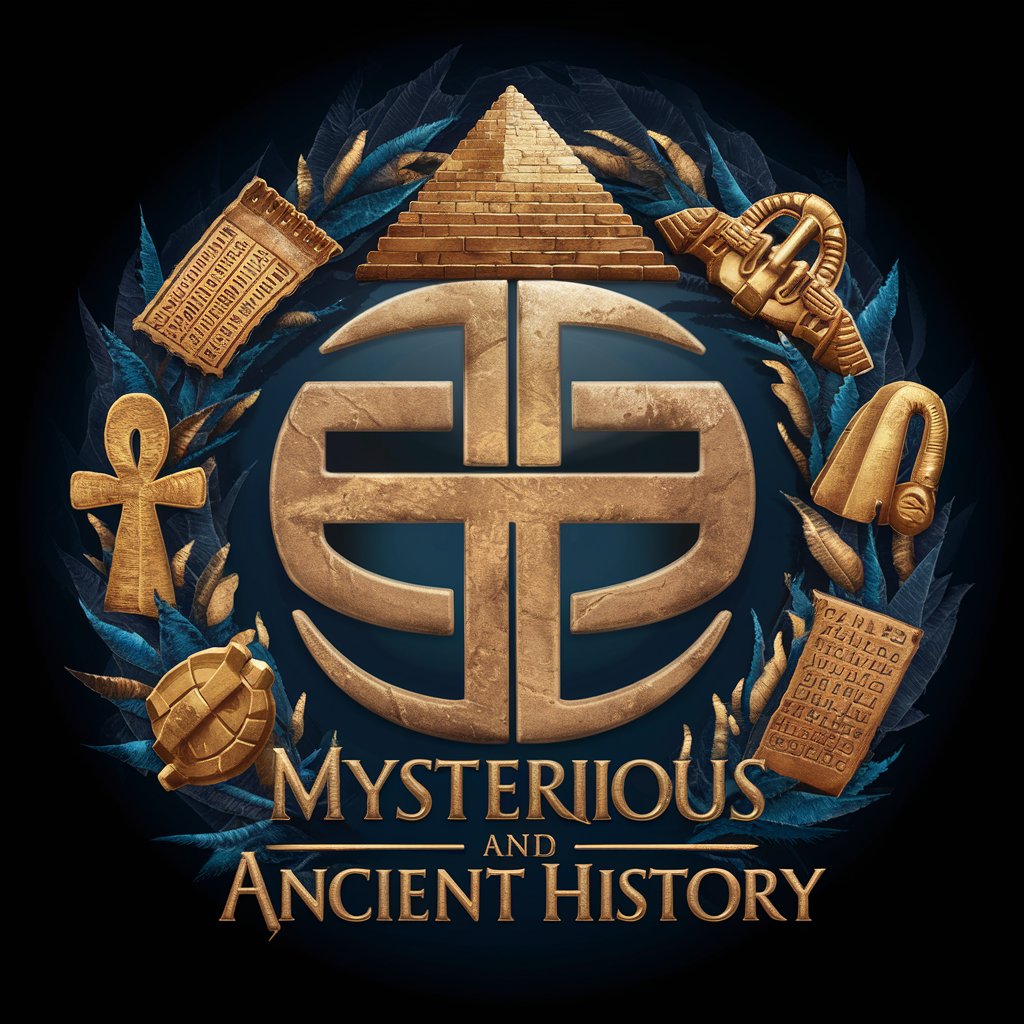
Bozeman Daily Guide
Your AI-powered Bozeman companion

Frequently Asked Questions about the Florida Mediator Ethics and Best Practices Guide
What makes the Florida Mediator Ethics and Best Practices Guide unique?
This guide stands out because it consolidates Florida-specific mediation ethics opinions, certified and court-appointed mediator rules, and best practices into one comprehensive resource, tailored for mediators, legal professionals, and individuals interested in mediation ethics within Florida.
How can I find information on a specific ethical issue in mediation?
Utilize the search feature or consult the index of opinions by category provided within the guide. These tools allow you to quickly locate detailed discussions, case studies, and MEAC opinions related to your particular issue.
Is the guide suitable for someone new to mediation in Florida?
Absolutely, the guide is designed to be accessible to individuals at all levels of expertise. It offers foundational knowledge on mediation ethics and best practices, as well as advanced insights for seasoned professionals.
Can the guide help with academic research on mediation ethics?
Yes, the guide is an invaluable resource for academic research, providing detailed analyses, references to MEAC opinions, and a comprehensive overview of ethical considerations in Florida mediation.
Where can I find updates on mediation ethics in Florida?
While the guide itself is a robust resource, for the most current updates and new ethics opinions, users are encouraged to visit the MEAC website and related legal resources regularly.
